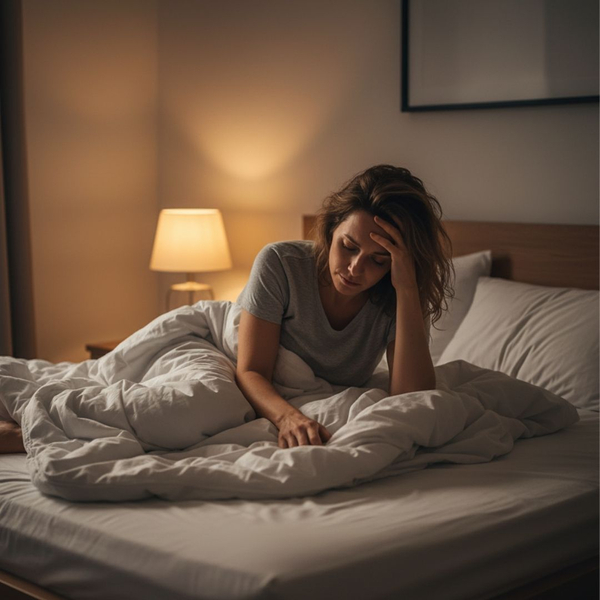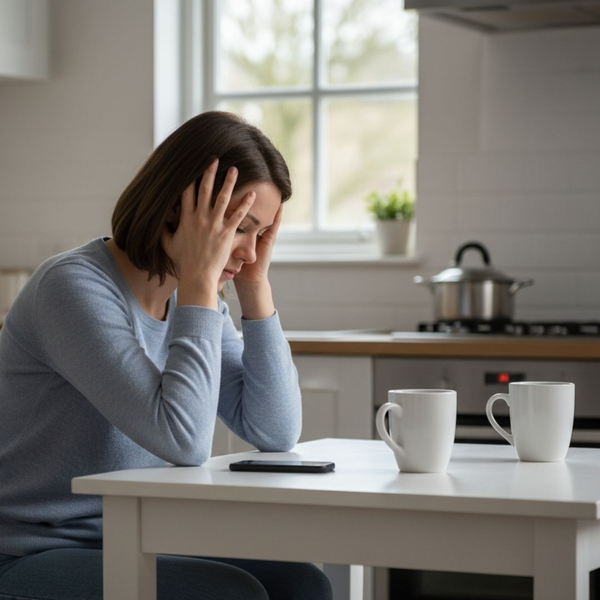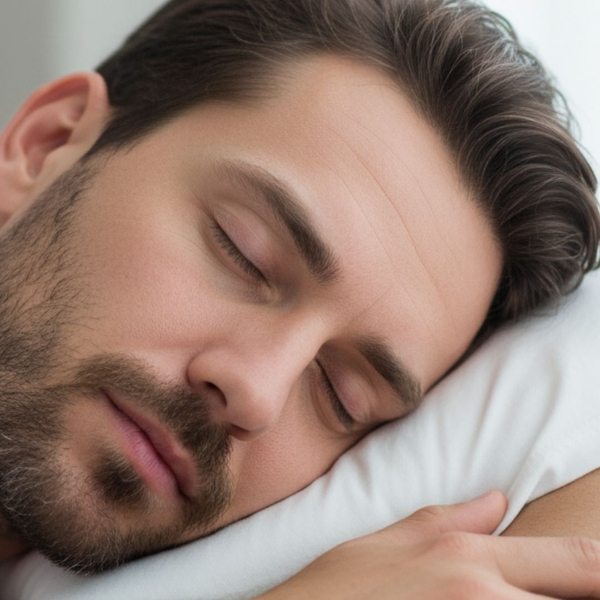Everyone knows that a poor night’s sleep leads to grogginess and "brain fog," but the connection between sleep disorders and mental health runs much deeper. Many patients we see are surprised to learn that their chronic anxiety or lingering depression isn't just a chemical imbalance—it is often a direct result of oxygen deprivation. When you stop breathing hundreds of times a night, your brain never truly rests.
More Than Just "The Blues": How Sleep Apnea Fuels Anxiety and Depression

The Oxygen-Anxiety Connection
Obstructive sleep apnea forces your body to repeatedly wake up to breathe, triggering a stress response that floods your system with cortisol. This constant state of "fight or flight" doesn't just leave you tired; it keeps your nervous system on high alert, manifesting as chronic anxiety and irritability during the day.

Disrupted Sleep Architecture and Mood
Deep REM sleep is critical for processing emotions and resetting your brain's neurotransmitters. When sleep apnea constantly interrupts this cycle, your brain cannot regulate mood effectively. Over time, this sleep fragmentation mimics clinical depression, leaving you feeling hopeless or emotionally numb without realizing the physical root cause of your distress.

The Cycle of Exhaustion and Mental Health
Chronic fatigue wears down your emotional resilience, making daily stressors feel insurmountable. It is difficult to maintain a positive outlook when you are physically exhausted. This depletion often creates a vicious cycle where poor sleep worsens your mental state, and increasing anxiety makes it even harder to get restful sleep.

Treating the Root Cause with Oral Appliance Therapy
Fortunately, treating the underlying airway obstruction often resolves these mood disturbances. By using oral appliance therapy as a proven sleep apnea therapy, we can keep your airway open without the bulk of a machine. Restoring consistent oxygen levels allows your brain to finally rest, stabilizing your mood naturally.
We understand that mental health is deeply intertwined with sleep quality. If you are struggling with anxiety or depression that medication hasn't fully resolved, obstructive sleep apnea might be the hidden culprit. At Sleep Center of Colorado, we specialize in sleep apnea treatment without CPAP to help you reclaim both your sleep and your peace of mind. Contact us today to schedule a comprehensive evaluation.
